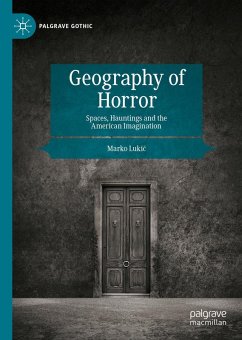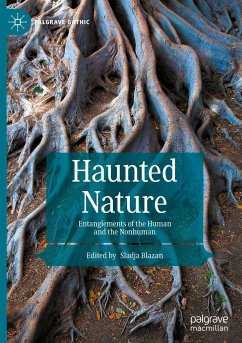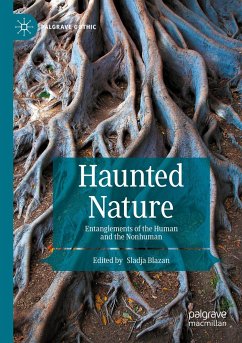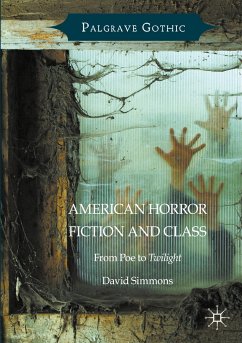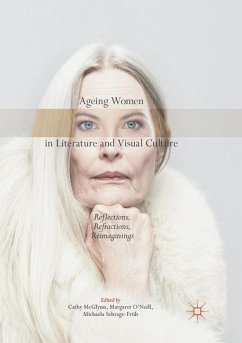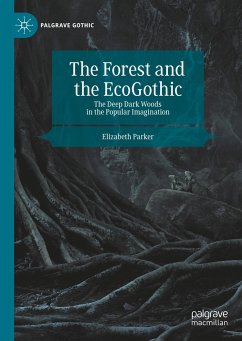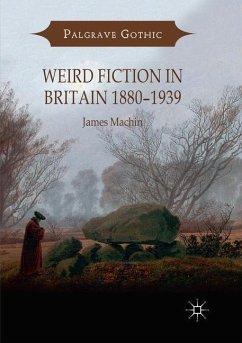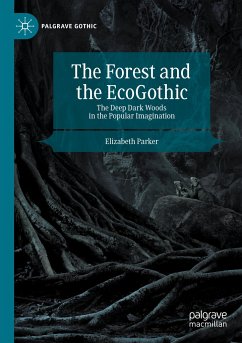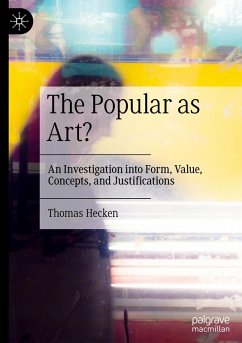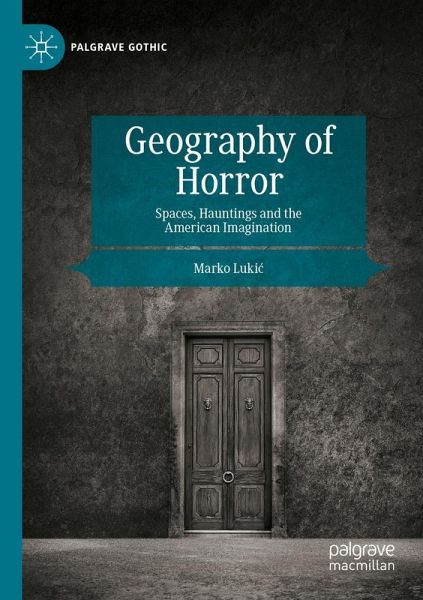
Geography of Horror
Spaces, Hauntings and the American Imagination
Versandkostenfrei!
Versandfertig in 6-10 Tagen
83,99 €
inkl. MwSt.
Weitere Ausgaben:

PAYBACK Punkte
42 °P sammeln!
This book provides a comprehensive reading of a space/place-based experience from the birth of the American horror genre (nineteenth century American Romanticism) to its rise and evolution in the twentieth and twenty-first centuries. Exploring a series of narratives, this study focuses on the role of space and place as key elements for successful articulation of horror. The analysis, therefore, employs different theoretical premises and concepts belonging to human geography, which, while being part of the larger discipline of geography, predominantly directs its attention towards the presence ...
This book provides a comprehensive reading of a space/place-based experience from the birth of the American horror genre (nineteenth century American Romanticism) to its rise and evolution in the twentieth and twenty-first centuries. Exploring a series of narratives, this study focuses on the role of space and place as key elements for successful articulation of horror. The analysis, therefore, employs different theoretical premises and concepts belonging to human geography, which, while being part of the larger discipline of geography, predominantly directs its attention towards the presence and activities of humans. By connecting such theoretical readings with the continuously evolving American horror genre, this book offers a unique insight into the academically unexplored trans-disciplinary spatially based reading of the genre.





